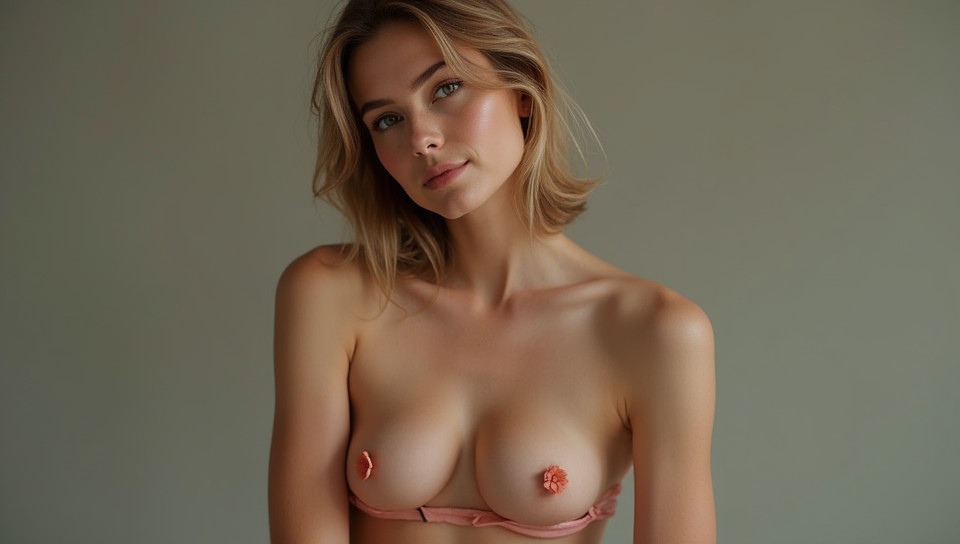Body positivity emphasizes individuality in physical appearance 81%

Embracing Individuality: The Power of Body Positivity
In today's society, where social media often presents unrealistic beauty standards and the pressure to conform is high, it's refreshing to see body positivity taking center stage. This movement encourages individuals to love and accept themselves, flaws and all, and promotes a sense of self-acceptance that goes beyond physical appearance.
The Problem with Traditional Beauty Standards
Traditional beauty standards have long emphasized the importance of looking a certain way – thin, tall, young, and flawless. These expectations can lead to low self-esteem, body dissatisfaction, and even eating disorders. However, by perpetuating these ideals, we risk creating a culture where individuals feel like they don't measure up.
The Beauty of Individuality
Body positivity challenges these traditional beauty standards by emphasizing individuality in physical appearance. It celebrates the unique characteristics that make each person special – their shape, size, color, and ability. By embracing our differences, we can break free from societal expectations and focus on what truly matters: being healthy, happy, and confident.
The Benefits of Body Positivity
- Encourages self-acceptance and self-love
- Promotes diversity and inclusion
- Fosters a positive body image
- Helps to reduce body dissatisfaction and low self-esteem
- Encourages individuals to take care of their physical and mental health
A Culture Shift
Body positivity is not just a trend; it's a movement that has the potential to create a culture shift. By promoting individuality and self-acceptance, we can move away from the narrow definition of beauty and towards a more inclusive and diverse understanding of what it means to be beautiful.
Conclusion
In conclusion, body positivity emphasizes individuality in physical appearance by challenging traditional beauty standards and promoting self-acceptance and self-love. By embracing our differences and celebrating our unique characteristics, we can create a culture that values diversity and inclusion. So, let's join the movement and spread the message of body positivity – every body is beautiful just the way it is!
- Created by: Mehmet Koç
- Created at: Sept. 8, 2024, 9:01 p.m.
- ID: 8847

